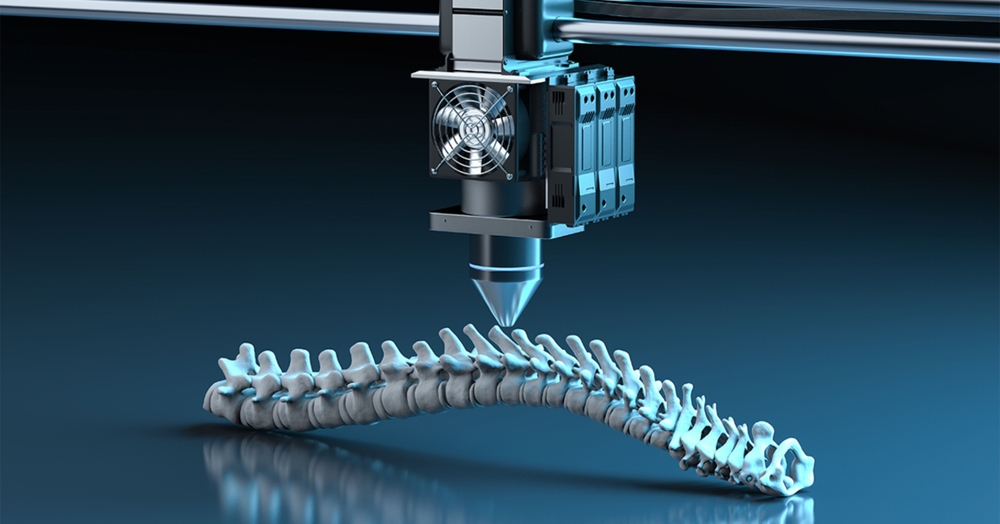The medical technology sector is driven by rapid advancements in technology and the ever-evolving needs of patients. From artificial intelligence to regenerative medicine, these innovations promise to offer improved outcomes and enhanced patient experiences. Here’s a look at the main new areas of development in medical technology that are setting the stage for the future.
Artificial Intelligence and Machine Learning
Artificial intelligence (AI) and machine learning (ML) are at the forefront of medical technology innovation. AI diagnostics, for instance, leverage advanced algorithms to interpret medical imaging with remarkable accuracy, aiding radiologists in detecting anomalies in X-rays, MRIs, and CT scans. Predictive analytics powered by ML models are also gaining traction, helping healthcare providers anticipate patient outcomes and potential complications by analyzing vast datasets.
Telemedicine and Remote Monitoring
Telemedicine has seen explosive growth, especially in the wake of the COVID-19 pandemic. Virtual consultations enable patients to access healthcare services remotely, breaking down geographical barriers. Meanwhile, wearable devices such as smartwatches and fitness trackers have become sophisticated health monitors. These devices can track vital signs, detect irregular heart rhythms, and manage chronic conditions, providing real-time data to both patients and healthcare providers.
Wearable Health Tech and Mobile Health Apps
In a similar vein, continuous monitoring devices and mobile health apps are enabling patients to take charge of their health. Devices that monitor glucose levels for diabetics or track cardiac health for heart disease patients provide continuous data streams. Health management apps help patients manage conditions, medication adherence, and lifestyle choices.
Personalized Medicine
Personalized medicine is another groundbreaking area reshaping healthcare. Advances in genomic medicine allow treatments to be tailored to an individual’s genetic profile, particularly in oncology where precision medicine is becoming the norm. Pharmacogenomics, the study of how genes affect a person’s response to drugs, is also gaining prominence. This approach ensures medications are more effective and safer for each patient based on their genetic makeup.
3D Printing and Bioprinting
3D printing technology is making significant strides in the creation of custom prosthetics, implants, and even complex structures like bones and joints tailored to individual patients. Medical Micro 3D Printing opens new possibilities in precision testing devices that can replicate organs and bodily systems and specialist equipment like microneedles. Bioprinting, which involves printing biological materials, holds the potential to engineer tissues and organs for transplantation, potentially addressing the critical shortage of donor organs.
Nanotechnology
Nanotechnology is revolutionizing drug delivery and diagnostics. Nanoparticles are being developed to deliver drugs directly to targeted cells, enhancing treatment efficacy and minimizing side effects. Additionally, nanoscale sensors and devices can detect diseases at very early stages, even at the molecular level, paving the way for early intervention and improved patient outcomes.
Regenerative Medicine
Regenerative medicine, including stem cell therapy and gene editing, offers hope for treating conditions that currently have limited options. Stem cell therapy aims to regenerate damaged tissues and organs, while gene editing technologies like CRISPR hold the potential to correct genetic defects, offering cures for a range of genetic disorders. This technology could also allow medical scientists to quickly create model cells in a lab, for accelerated research into areas such as cancer and neurological diseases.
Cybersecurity in Healthcare
As healthcare becomes increasingly digital, cybersecurity is paramount. Protecting patient data from breaches and cyber-attacks is critical, as is ensuring medical devices have built-in security features to prevent unauthorized access and tampering.
Summary
These innovations in medical technology are not just transforming healthcare delivery but are also paving the way for a future where patient care is more personalized, efficient, and effective. As these technologies continue to evolve, they promise to bring about a new era of medical excellence.







